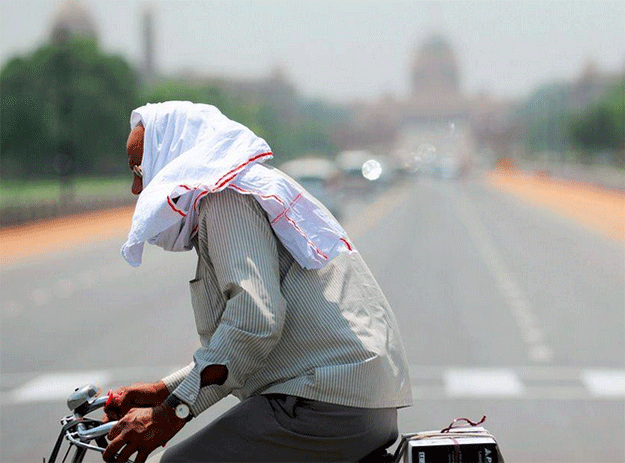Hello, hope you are doing well. It’s been a long time since we posted our newsletter and we are glad to be back. This week we talk about top jobs, 4-day workweek pilot success and a new World Bank Report.
Job Board
Manager/Senior Manager, CEO’s office
The Nudge Institute, Bangalore. Apply here
Public Policy Intern
Centre of Policy Research and Governance. Apply here
Content Writer + Graphic Designer
Apex Research Centre. Apply here
Senior Policy Associate, Education
J-PAL South Asia. Apply here
Is a 4-Day Work Week good for businesses?
A recent study acknowledged the 4-day work week as a ‘resounding success’. This result was shared by 4-Day Week Global’s pilots of 33 companies and 1000 employees. Most of these companies are based in the US and Ireland, The data showed an increase of 8% in revenue over 6 months.
On other hand, employees reported fewer burnout rates, less fatigue and improved physical health.
Can a 4-day work week be a doable idea for India? Well, as per the 2021 survey, about 59% of the Indian workforce is not happy at work and has a poor work-life balance.
When talking about India, there are many thoughts, opinions and arguments. Most of them are in contrast to each other. As per Scroll. in, a 4-day work week may increase productivity by 10%. While some businesses make a point about its impact on the momentum of work and high-priority tasks. Also, the work hours may increase to 12 hours.
The 4-day work week is still in exploration. What are your thoughts on the same - do share them with us.
India might suffer heat waves which may test the human survivability limits.
India is no more unfamiliar with heat stress. The new report by the World Bank “Climate Investment Opportunities in India's Cooling Sector” is a testament to upcoming challenges. As per the report, India will experience higher temperatures that arrive earlier and last longer. Also, suffer extreme heat waves that will surpass the limits of survivability.
This can put the economy in a spot, as 75% of the Indian workforce operates in heat-exposed environments. By 2030, India may “account for 34 million of the projected 80 million of job losses from heat stress associated with productivity decline", the report stated.
The food security and public health system rely heavily on cold chain networks to transport food and pharmaceutical products.
In your perspective, how should Indian policy and economy prepare itself for upcoming challenges? Use the comments to share with us.






